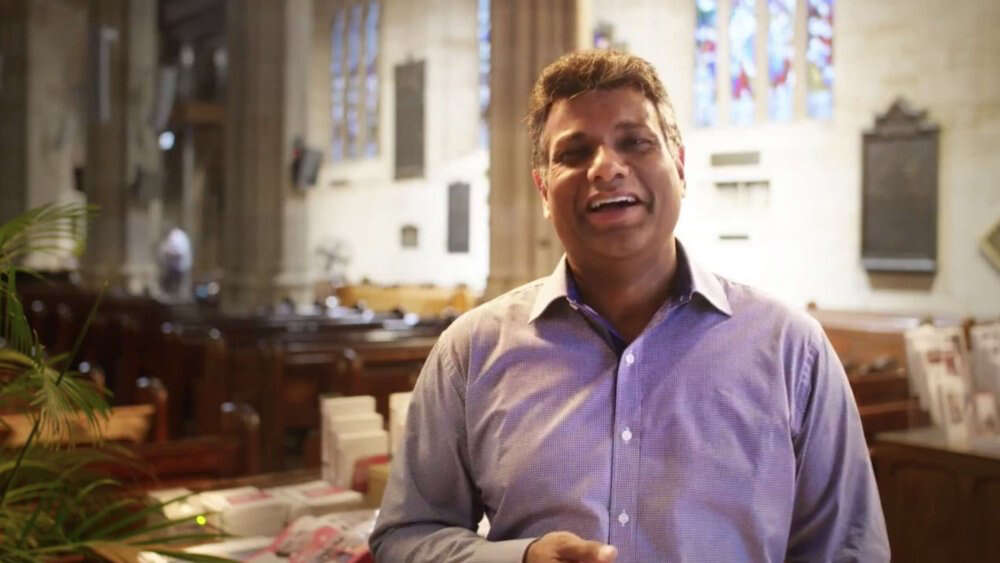Lets talk about re-opening churches, and vaccine passports says Sydney's Anglican archbishop
Kaniska Raffel, Sydney’s Anglican Archbishop, is setting up a series of meetings for rectors (local ministers) and churchwardens (lay leaders in local churches) to discuss plans for the re-opening of churches. Sydney’s regional bishops will be involved in the meeting which will occur amid uncertainty about the timing and government regulation.
Debate among Christians in some quarters of the internet has been heated in the last week. This is influenced in part by a shortening timeframe. New South Wales is expected to lead the states in reaching 70 per cent double dose vaccination by October 18 and 80 per cent by November 1.
The COVID-19 severe outbreak in NSW outbreak is yet to reach its peak, with Premier Gladys Berejiklian forecasting that the worst will come in the next fortnight. Beyond that, Premiers and the Federal government are working to vaccination targets before restrictions can be eased.
No detailed plan for re-opening of mass gatherings has yet been announced and appears to be some weeks away.
“Churches need to consider a number of scenarios, which is why our consultations are so important.” Archbishop Kanishka Raffel said.
The Archbishop said negotiations with the government were ongoing, but that he and other religious leaders had concerns about the idea of ‘vaccine passports’.
“Jesus is Lord of all, and his gospel is a gospel for all. A ‘No Entry’ sign at the door of the church is wholly inconsistent with the gospel preached inside,” the Archbishop said. “Neither race, gender, ethnicity, age, nor economic or educational status – or vaccination status – are to operate as divisions within the Christian community or barriers to the fellowship we share because of Jesus.”
A discussion on “the Pastors Heart” podcast featuring Anglican minister Phil Colgan, John McClean acting principal of the Presbyterian Christ College, and Akos Balogh executive director of the Gospel Coalition took a similar position to the Archbishop of not wanting to be seen to divide congregations.
Colgan and the other panellists doubted that a vaccine passport would be applied to churches, especially at an 80 per cent vaccination rate. Maybe at 70 per cent Colgan mused. “It has never been even articulated by anyone official.”
Colgan was concerned to teach congregation members “theologically” in order that they would treat each other with understanding, despite different views. Asked by host Dominic Steele about the “six nights of gingerbread houses” (an evangelistic activity) his church plans to hold from late November the panel agreed that advertising that the volunteers were vaccinated could be a good idea. Steele was concerned that churches be seen by the community as safe.
Running an aggressive campaign against vaccination certificates before any details were released was getting the timing wrong according to Colgan. “Now is the time for gentle lobbying and persuasion” of political leaders. Balogh argued that vaccination and vax passports (in general) were a political rather than a religious freedom issue. “When the Bible doesn’t speak to it, we should treat it as a disputable matter, something that Christians are free to disagree with.”
Eternity has not identified a country apart from Israel where a vaccination passport has been applied to churches or houses of worship. Inside Israel, their “green pass” system applies to all gatherings of more than 50. However, the system provides that “entry will be allowed to vaccinated and recovered individuals or those submitting negative results to a coronavirus test.”
This opens up the possibility that a division between the vaccinated and unvaccinated could be avoided with rapid antigen testing for the unvaccinated – a system that may apply on airlines.
Pray
Some prayer points to help
Pray for wisdom for church leaders



